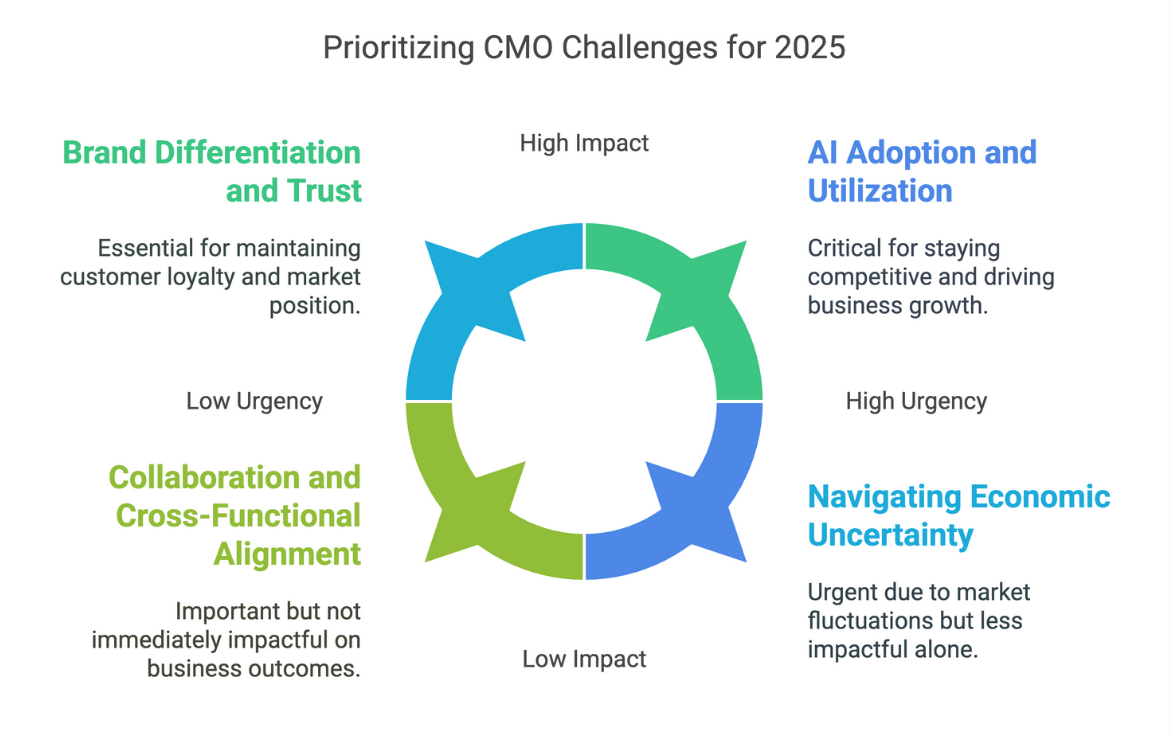CMO AI "Hero Purchases" Often Fail Due to Unrealistic Expectations and Strategic Misalignment, SaaStr.ai Warns

A recent analysis by SaaStr.ai highlights a critical pitfall in Artificial Intelligence (AI) adoption among Chief Marketing Officers (CMOs): the pursuit of "hero purchases." These high-stakes AI initiatives, often driven by a desire to impress superiors, frequently fail because they target areas where organizations already perform adequately, setting an "unattainable bar for AI's initial impact," according to the platform.
"CMOs often seek a 'hero purchase' with AI, aiming to impress their superiors. However, these high-stakes ventures often fail because they target areas where the organization is already decent, setting an unattainable bar for AI's initial impact," stated SaaStr.ai in a recent tweet.
This observation from SaaStr.ai, a prominent community and AI co-pilot tool for SaaS executives and founders, underscores a broader challenge in the marketing sector's integration of AI. Many marketing leaders struggle to move beyond tactical AI applications to strategic growth engines, often due to issues like data readiness, siloed information, and a lack of clear business cases. Without a strong data foundation, even advanced AI platforms fail to deliver significant value.
Experts note that a significant barrier to successful AI implementation is the inadequate financial justification or business case, with many companies failing to quantify the potential ROI. Additionally, concerns about data accuracy, bias, privacy, and a general lack of generative AI expertise within organizations contribute to these failures. Misaligned priorities and poor user experience design for AI tools also lead to a lack of trust and adoption among marketing teams.
Despite these challenges, the adoption of AI in marketing is accelerating, with many CMOs recognizing its potential to enhance customer insights, personalization, and campaign effectiveness. However, the focus is shifting from simply adopting AI tools to integrating them strategically, ensuring they address actual business pain points rather than merely automating existing, already efficient processes. The key lies in leveraging AI to drive strategic thinking and measurable business impact, moving beyond surface-level metrics to truly transform marketing operations.